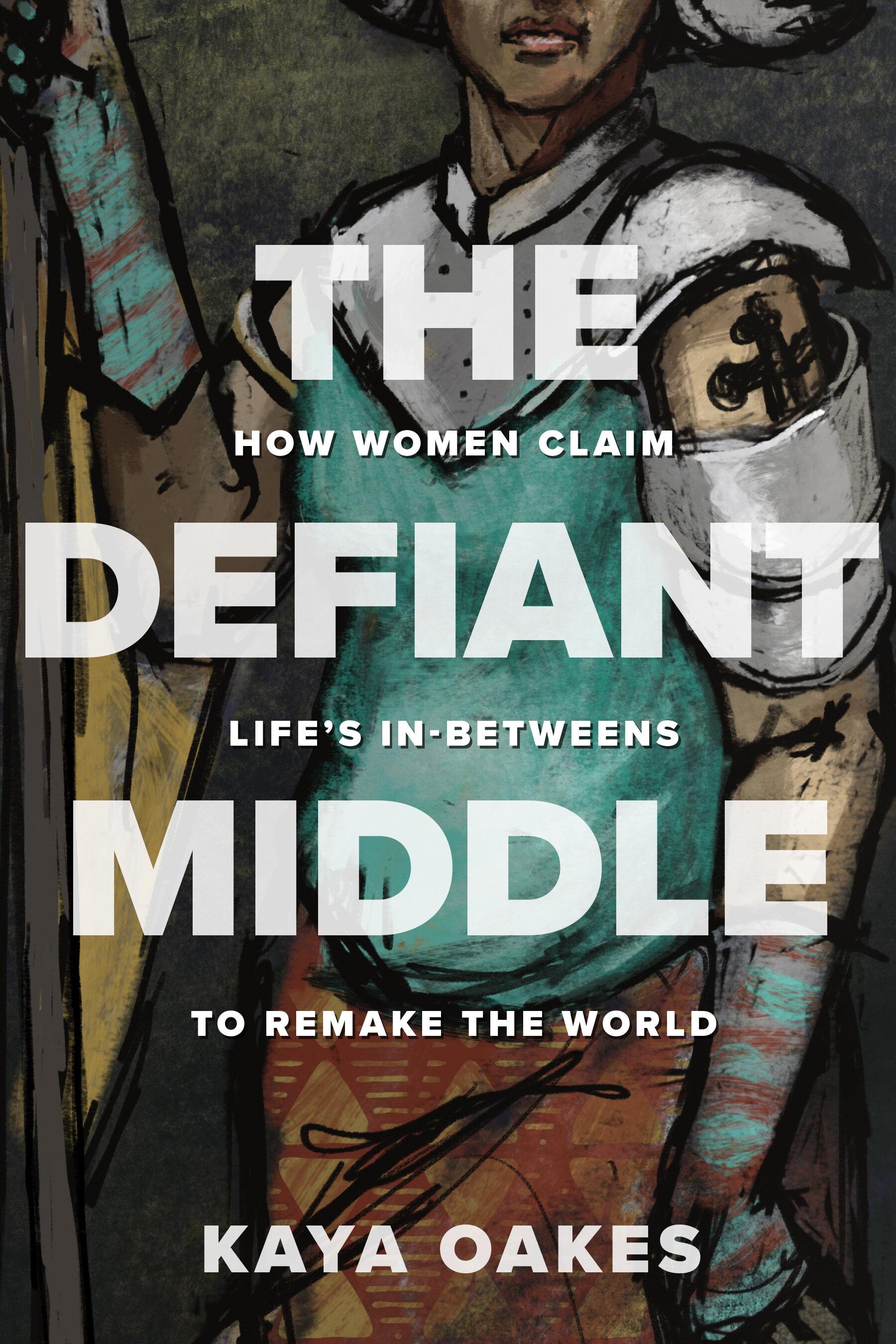Dorothy Day was many things: a journalist for socialist and communist newspapers, a single mother, an adult convert to Catholicism, and the cofounder of the Catholic Worker Movement, a leaderless movement of volunteers living in radical solidarity with and in service to the poor and marginalized. She was a lifelong activist, tirelessly present at every protest, walking every picket line, repeatedly being arrested, spending long stints in prison, and participating in hunger strikes. She was deeply religious and saw her vocation as a call to solidarity with the outcast, without ever taking religious vows. She was also very, very angry.
She made other people angry, too. Most people saw housing the homeless as transitional, or as a form of rehab. But Catholic Worker houses are not rehab houses. They are homes. “We let them stay forever,” Day once told a social worker. “They live with us, they die with us, and we give them a Christian burial. We pray for them after they are dead. Once they are taken in, they become members of the family. Or rather they always were members of the family.” She was no fan of capitalism or war, which made her a target for politicians, who distrusted her socialist background. And those who knew her intimately admitted she could be very difficult to live with: strict, demanding, impatient, and emotionally distant.
Scholars of Day have written that she “struggled” with her anger, that it was something she frequently needed to rein in. Catholic Worker Jim Forest, who knew Day in the last decades of her life, writes that her anger was something those around her experienced on a regular basis. When someone complained about her bad temper, she said, “I hold more temper in one minute than you will hold in your entire life.” When a college student asked Day about her soup recipe, she replied, “You cut the vegetables until your fingers bleed.” She was angry at America, too, for its systemic failures to serve the poor and function with any kind of meaningful social equity. According to Day, “Our problems [as Americans] stem from our acceptance of this filthy, rotten system.”
But she was also, by all accounts, a saint. She gave until there was nothing left, worked harder than anyone else, and was politically radical at the same time she was religiously conservative. Her days began and ended with prayer. She was someone who not only had religious convictions but actually lived them out, often at the expense of her personal life. She abandoned her common-law husband when she converted and he chose not to join her, but she also continued to write longing letters to him after they parted ways. She had deep wells of love for humanity that very few other people can approach, but she also knew that human beings can be frustratingly selfish and shortsighted.
